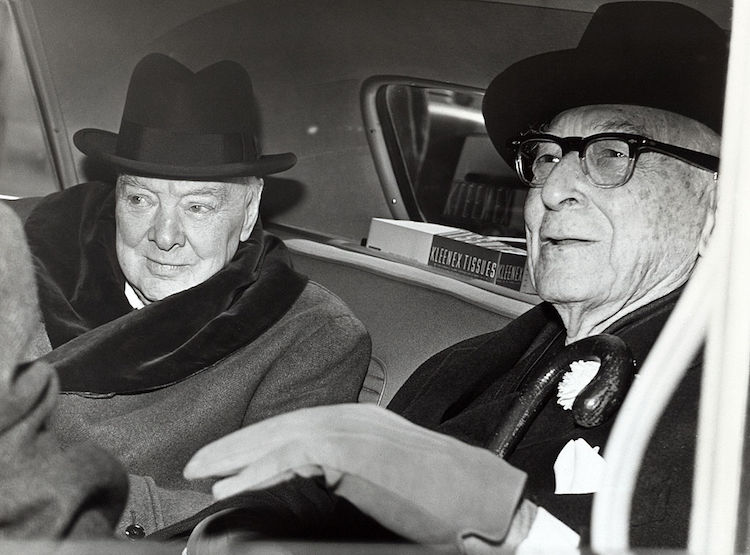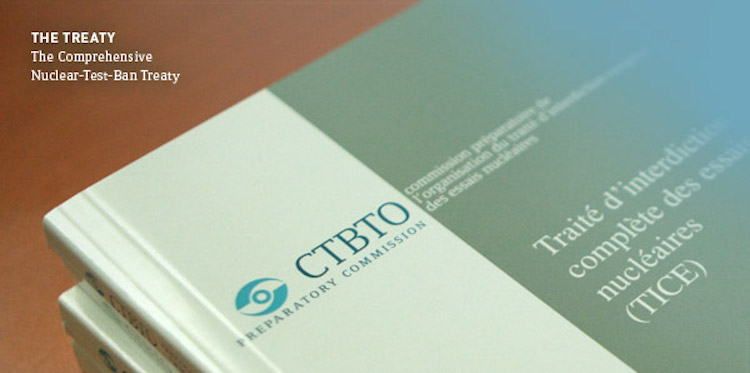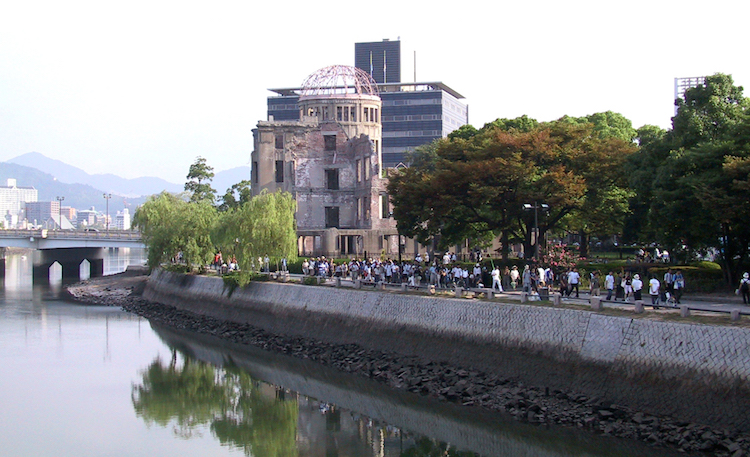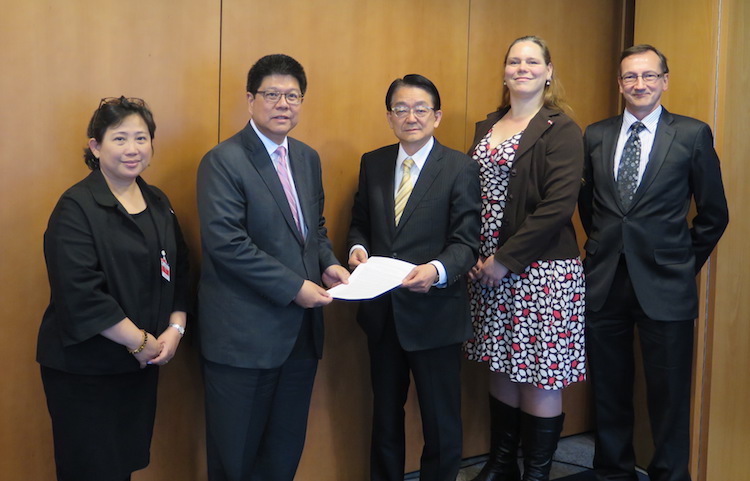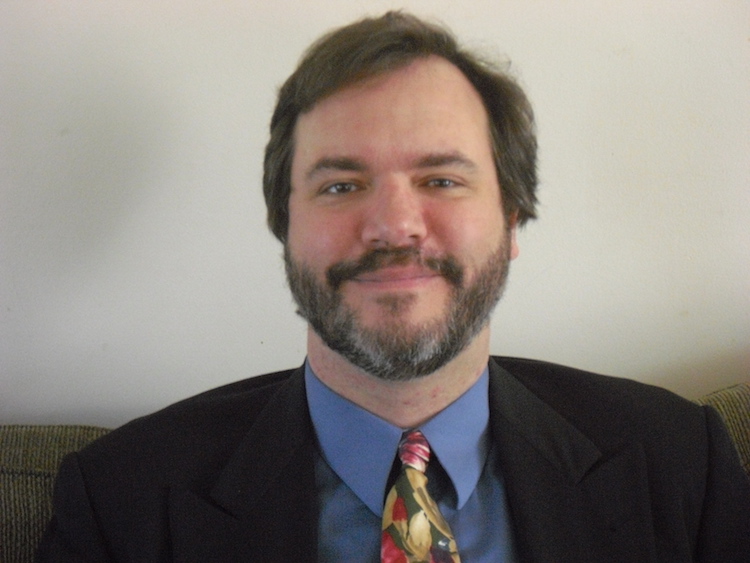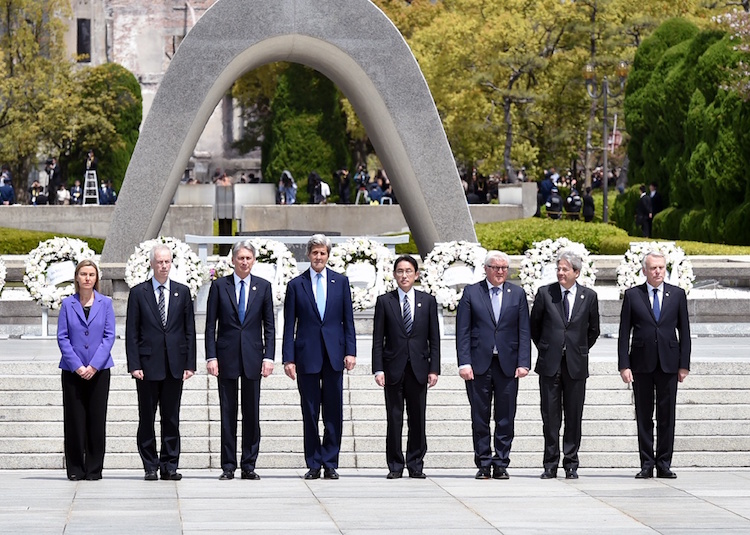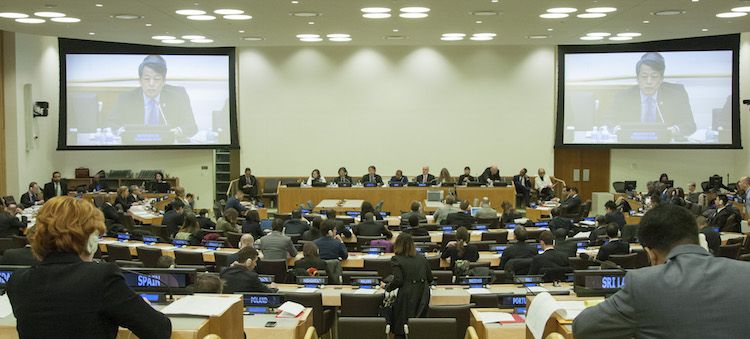Analysis by Bennett Ramberg*
LOS ANGELES (INPS-IDN | Yale Global) – Seventy years ago in June the United States placed on the global agenda a proposal that would have eliminated nuclear weapons for all time. Drawing on the US State Department’s Acheson-Lilienthal scientific advisory study, the Truman administration turned to the long-time confidant of presidents, Bernard Baruch, to craft a proposal for global action.
In June 1946, Baruch appeared before the newly constituted UN Atomic Energy Commission (UNAEC) to present the nuclear abolition plan that would come to bear his name. He called for establishment of an International Atomic Development Authority that would retain “managerial control or ownership of all atomic energy potentially dangerous to world security,” eliminate weapons manufacturing and dispose of all existing bombs while asserting “power to control, inspect, license all other atomic activities” coupled with assured enforcement.

